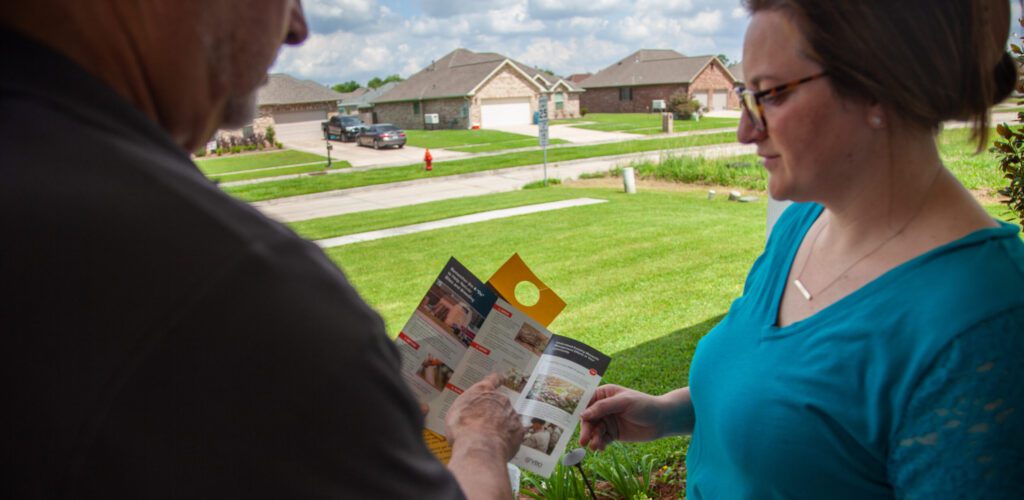What are the life stages of a mosquito?
Understanding the developmental processes of mosquitoes is crucial to keeping them under control. While there are thousands of different mosquito species, they all undergo complete metamorphosis. This means they have a lifecycle which includes four distinct growth stages: egg, larva, pupa, and adult.
Watch the video below to learn more about the process.
A Deep Dive Into the Mosquito Life Cycle
Most female mosquitoes lay their eggs in or near water, just above the water line, or moist soil in areas that are prone to flooding. Most mosquitoes can be categorized as floodwater, permanent water, or container species based on the types of habitats utilized for larval development.
Where Do Mosquitoes Lay Their Eggs?
Floodwater
Floodwater mosquitoes lay eggs in low-lying areas that temporarily fill with water, such as ditches, agricultural lands, or dry basins. These eggs will hatch when they become submersed during rainfall or flooding events.
Permanent
Permanent water species lay their eggs on standing waterbodies like ponds and marshes.
Container
Container species lay their eggs on the edge of small stagnant water vessels, such as bird baths, buckets, and even bottle caps.
What are the life stages of a mosquito?
The Larval Stage
Once exposed to water, larvae will typically hatch from their eggs within 48 hours. During this stage, most larvae suspend themselves near the surface, breathing through a siphon-like tube, and feeding on organic matter and microorganisms.
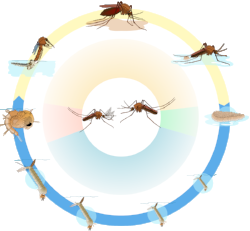
The Pupal Stage
Over the course of approximately 4 to 14 days, larvae will shed their skin, or molt, 4 times before developing as pupae
Pupae continue to develop near the surface, resembling small, squirming commas.
The Adult Stage
After two to four days, adult mosquitoes emerge from their pupal exoskeletons and exit the water as adults. Blood meals are essential for some mosquito species, and it is important to note that only the females seek blood-meals, which provide the nutrition necessary to support egg development.
Though male mosquitoes typically die within five to seven days, females can live several months and are capable of laying thousands of eggs. During this time, many species are capable of vectoring dangerous diseases like West Nile Virus, Yellow Fever, Zika, Dengue, and Eastern Equine Encephalitis.
Our understanding of the diversity of mosquito species and their unique life cycles is instrumental in developing effective management strategies to maintain safer, more enjoyable outdoor spaces.
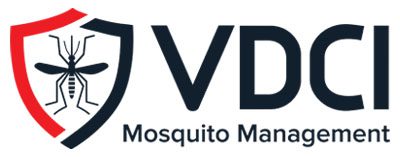 Since 1992, Vector Disease Control International (VDCI) has taken pride in providing municipalities, mosquito abatement districts, industrial sites, planned communities, homeowners associations, and golf courses with the tools they need to run effective mosquito control programs. We are determined to protect the public health of the communities in which we operate. Our mosquito control professionals have over 100 years of combined experience in the field of public health, specifically vector disease control. We strive to provide the most effective and scientifically sound mosquito surveillance and control programs possible based on an Integrated Mosquito Management approach recommended by the American Mosquito Control Association (AMCA) and Centers for Disease Control and Prevention (CDC). VDCI is the only company in the country that can manage all aspects of an integrated mosquito management program, from surveillance to disease testing to aerial application in emergency situations.
Since 1992, Vector Disease Control International (VDCI) has taken pride in providing municipalities, mosquito abatement districts, industrial sites, planned communities, homeowners associations, and golf courses with the tools they need to run effective mosquito control programs. We are determined to protect the public health of the communities in which we operate. Our mosquito control professionals have over 100 years of combined experience in the field of public health, specifically vector disease control. We strive to provide the most effective and scientifically sound mosquito surveillance and control programs possible based on an Integrated Mosquito Management approach recommended by the American Mosquito Control Association (AMCA) and Centers for Disease Control and Prevention (CDC). VDCI is the only company in the country that can manage all aspects of an integrated mosquito management program, from surveillance to disease testing to aerial application in emergency situations.
Contact Us to Build Your Mosquito Management Program:


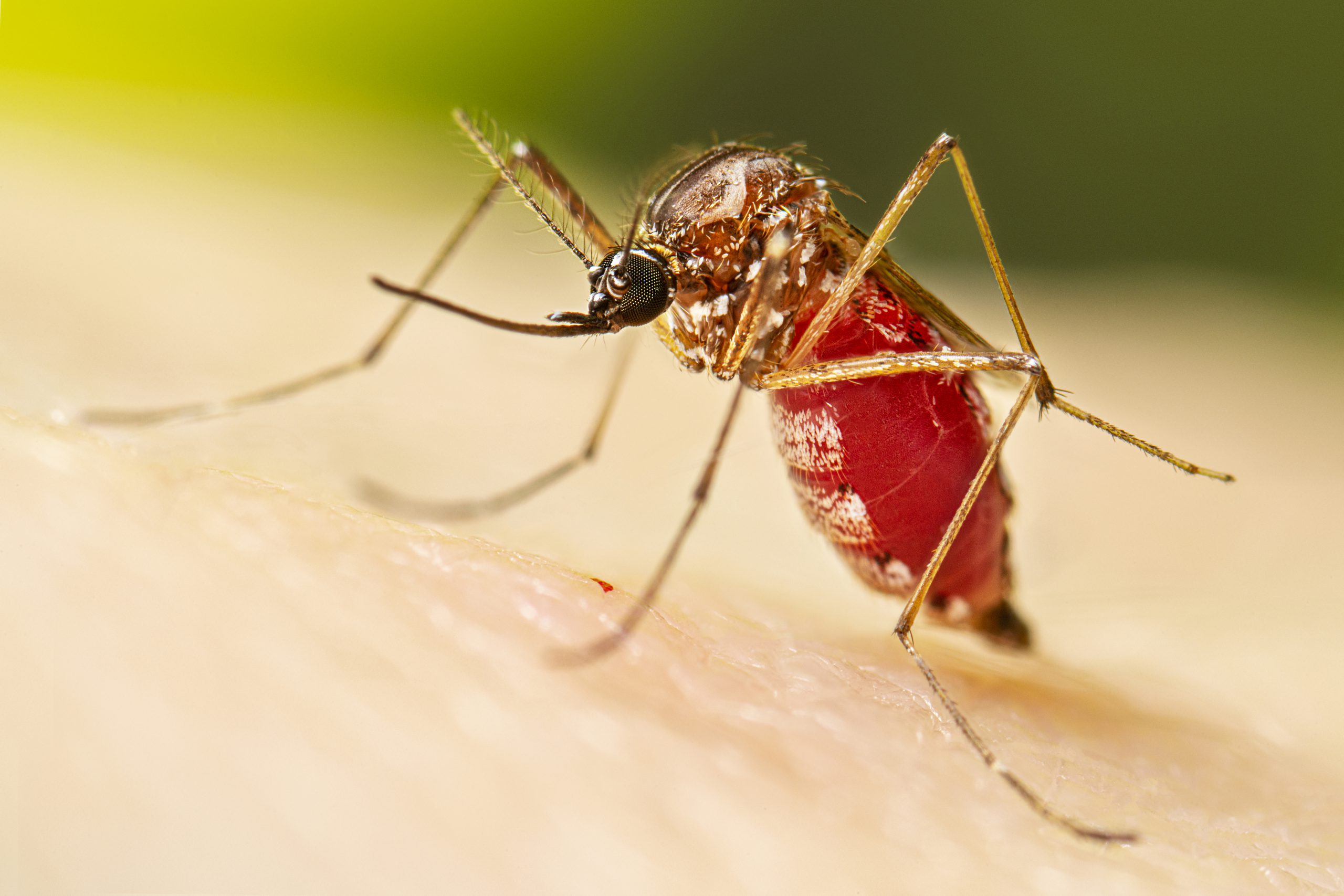

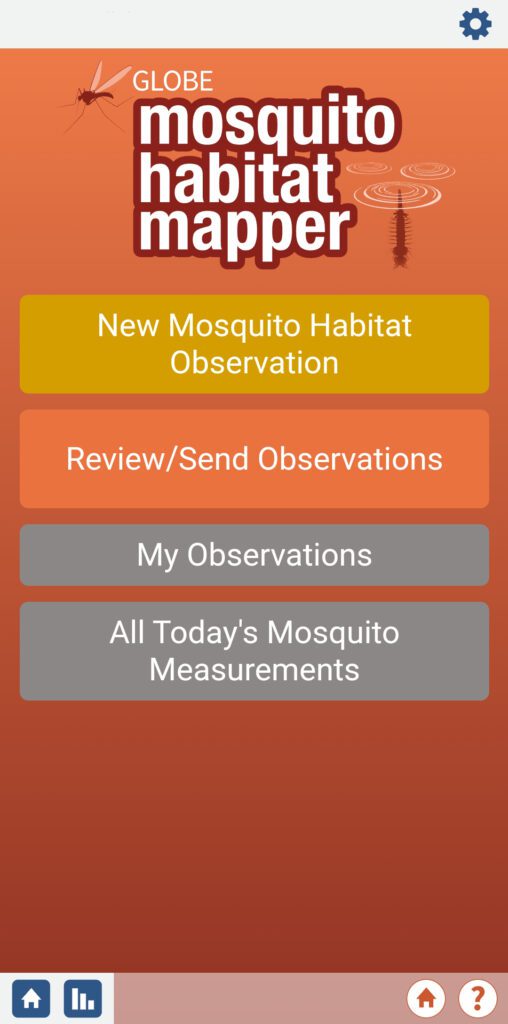
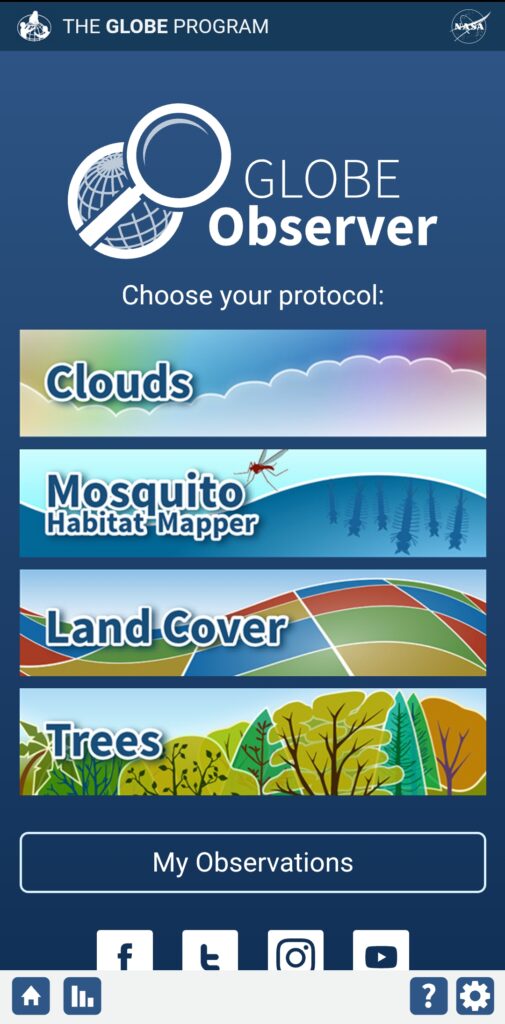
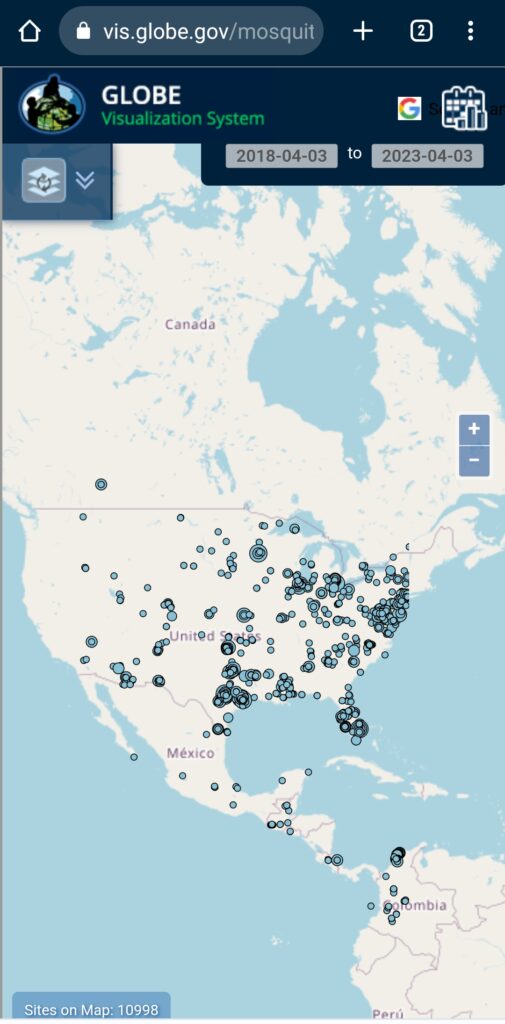
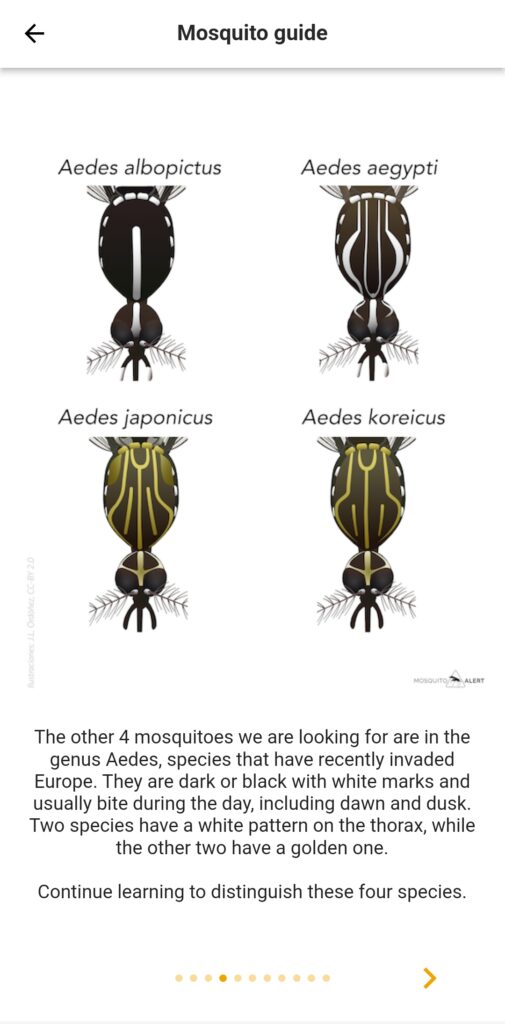
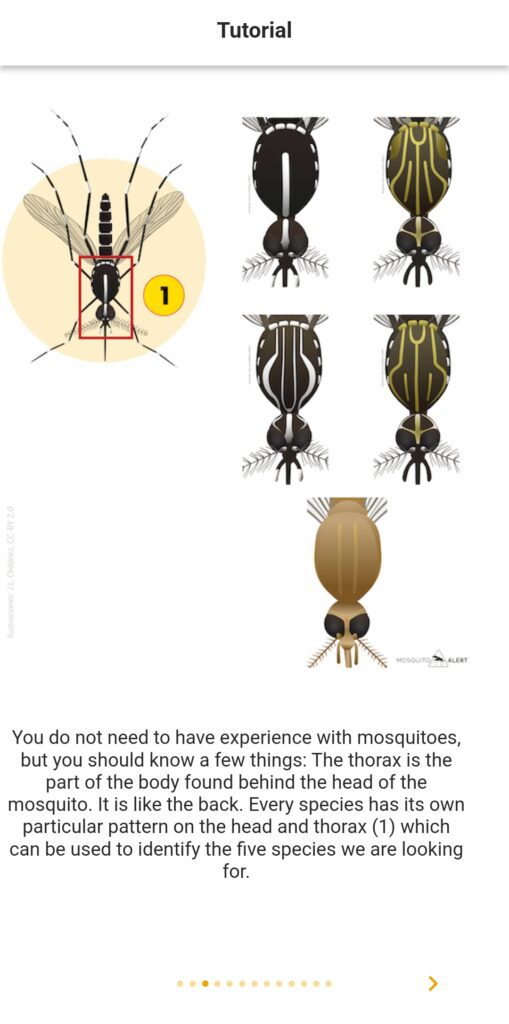
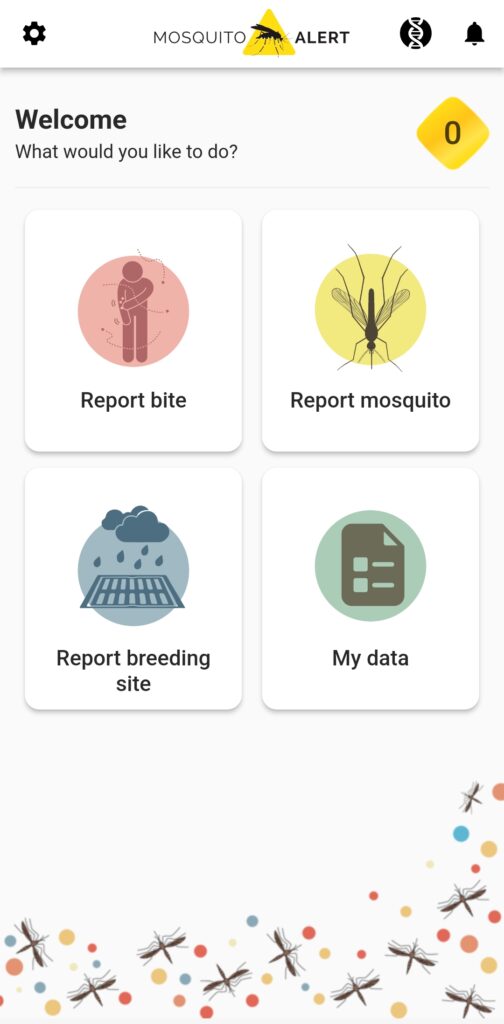
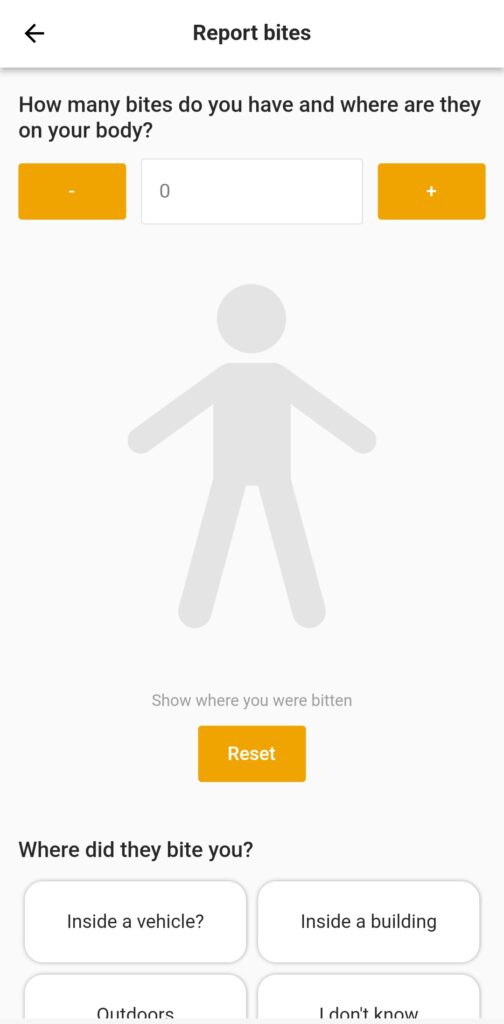
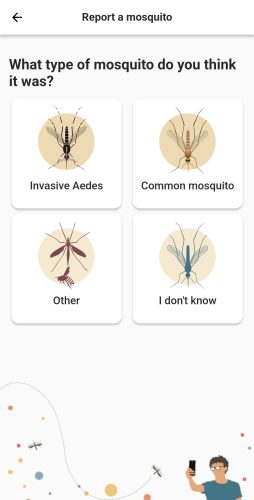
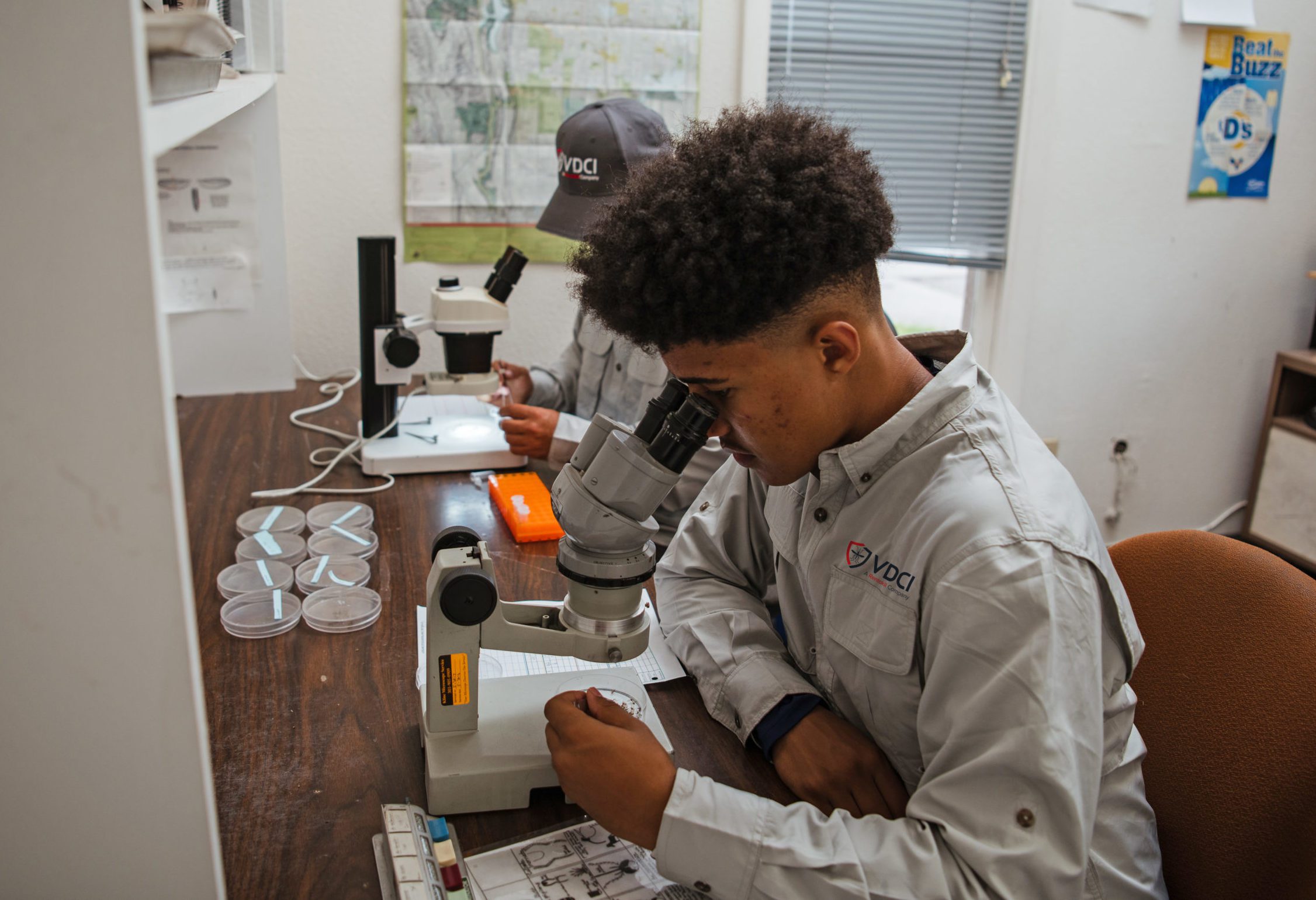
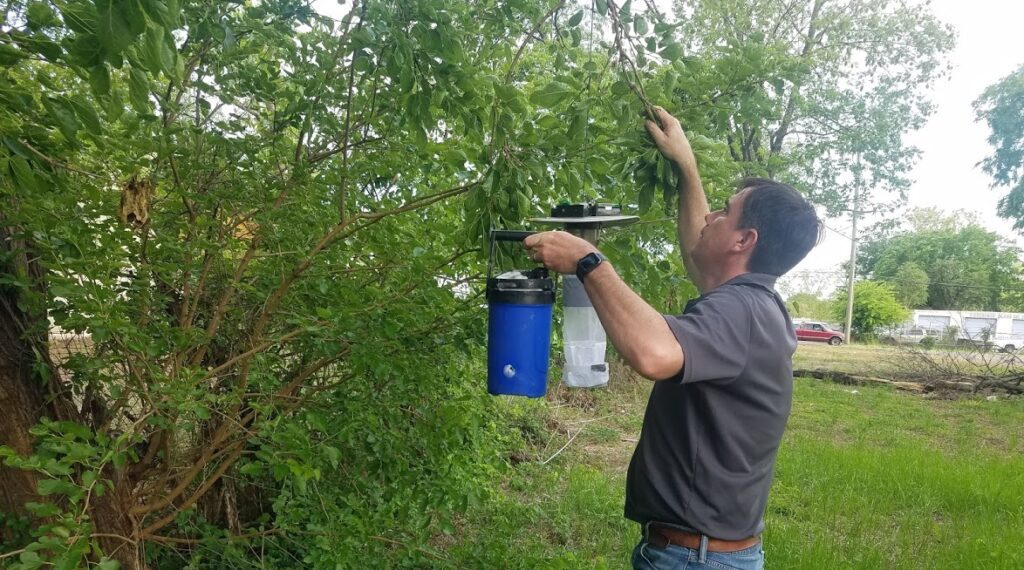
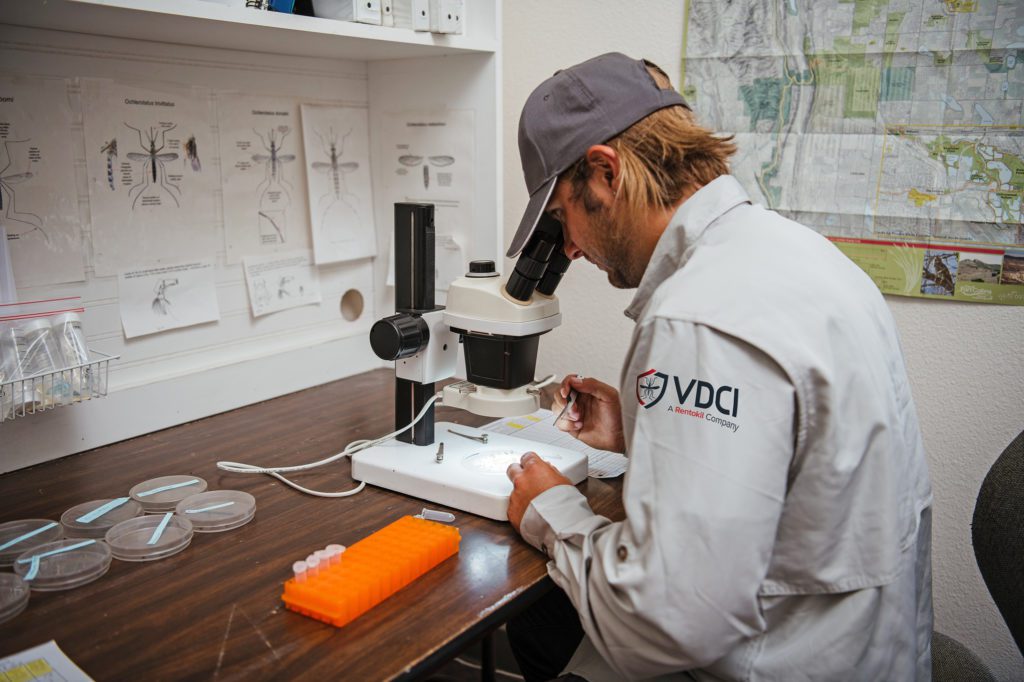
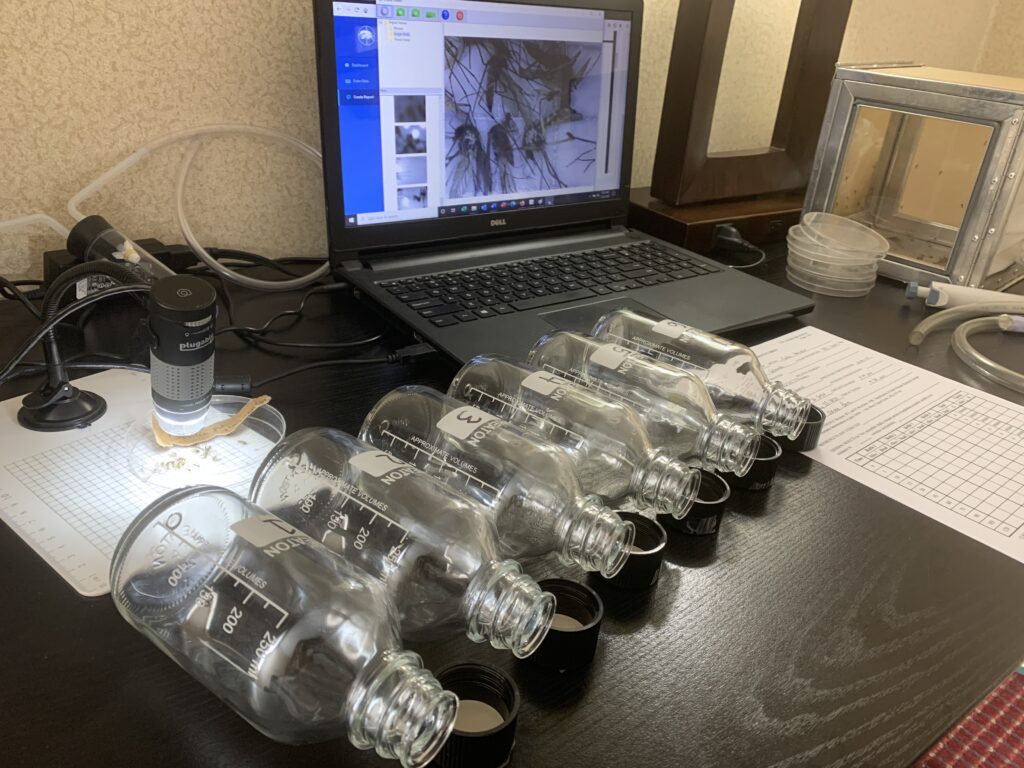
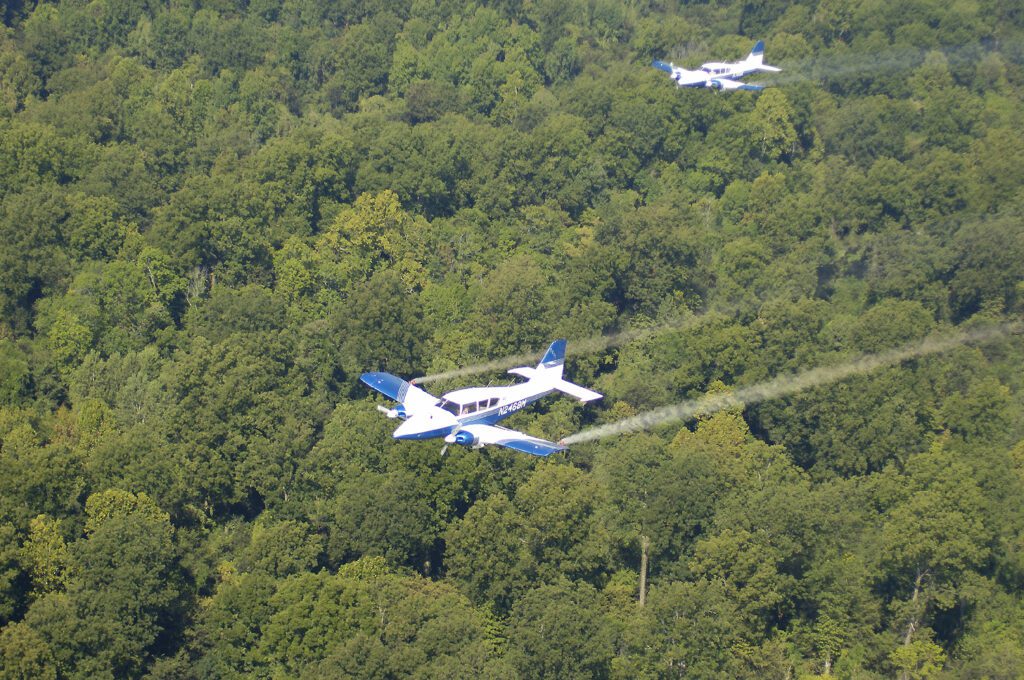

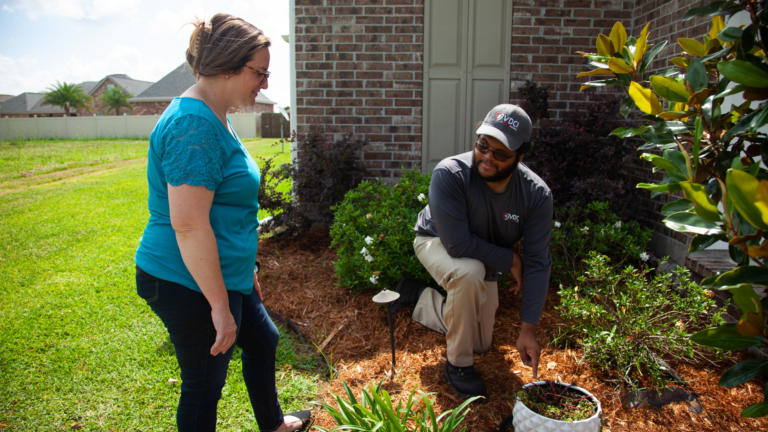
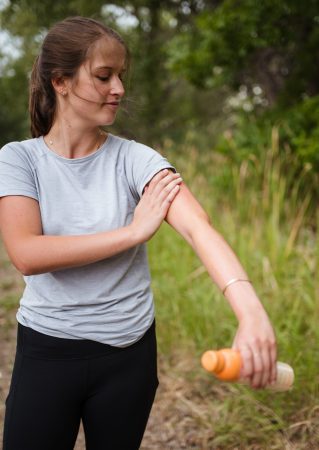

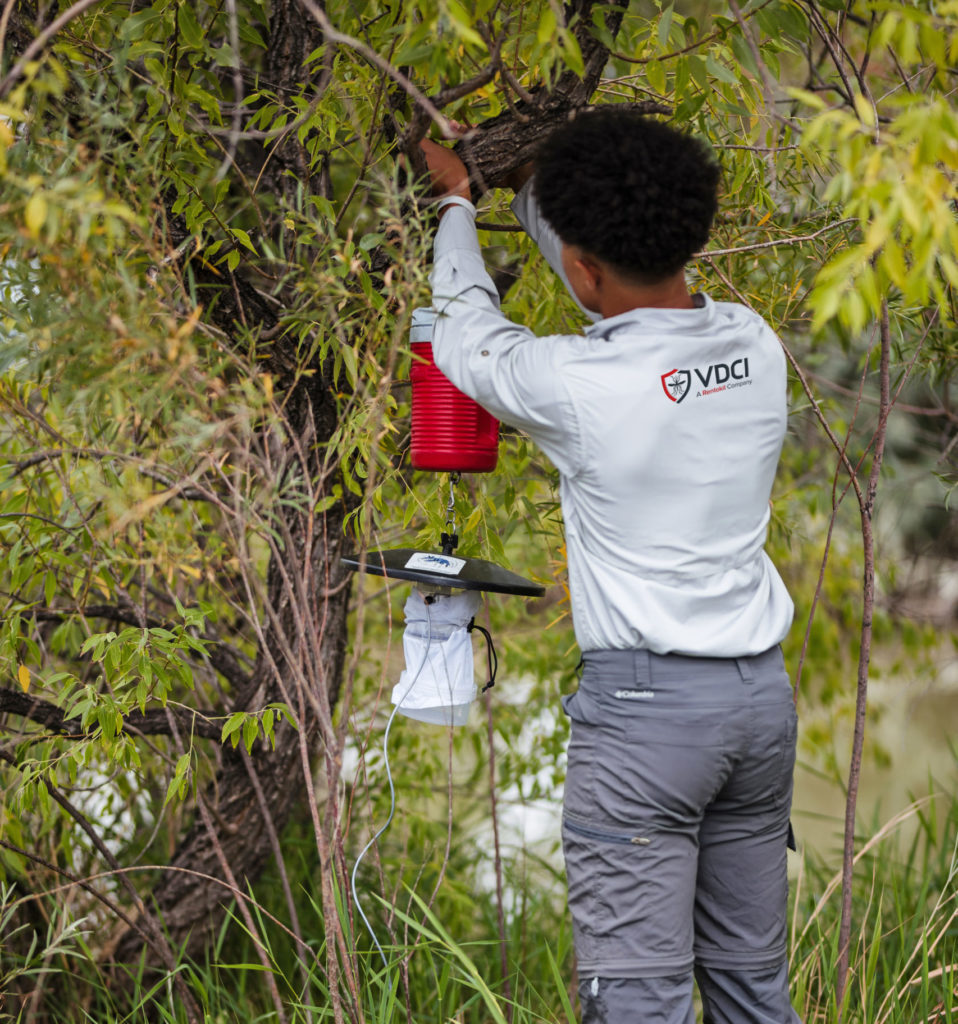
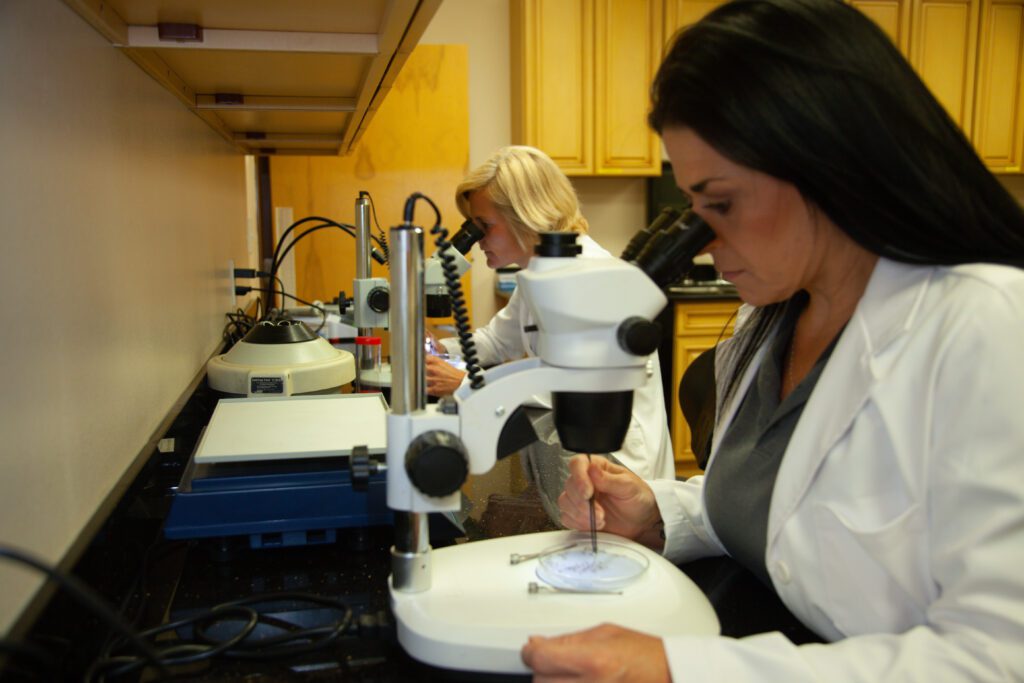
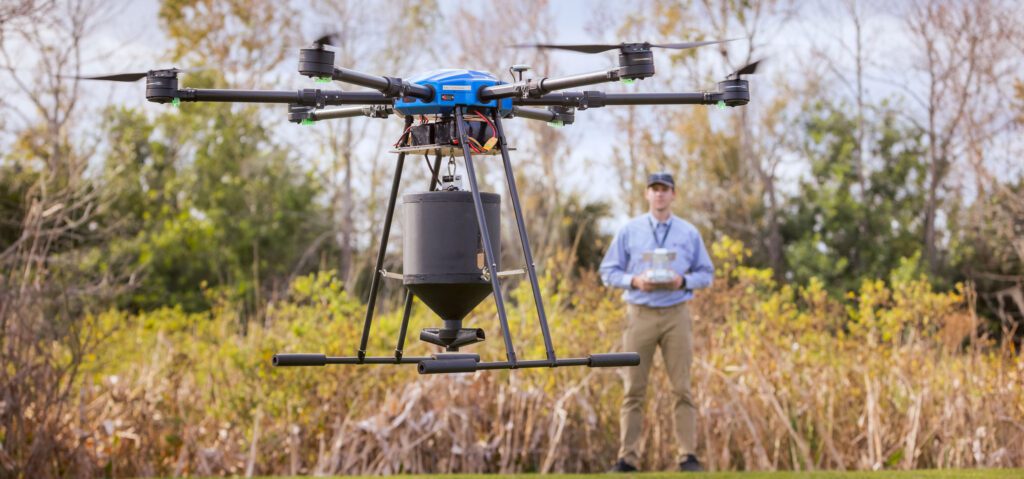
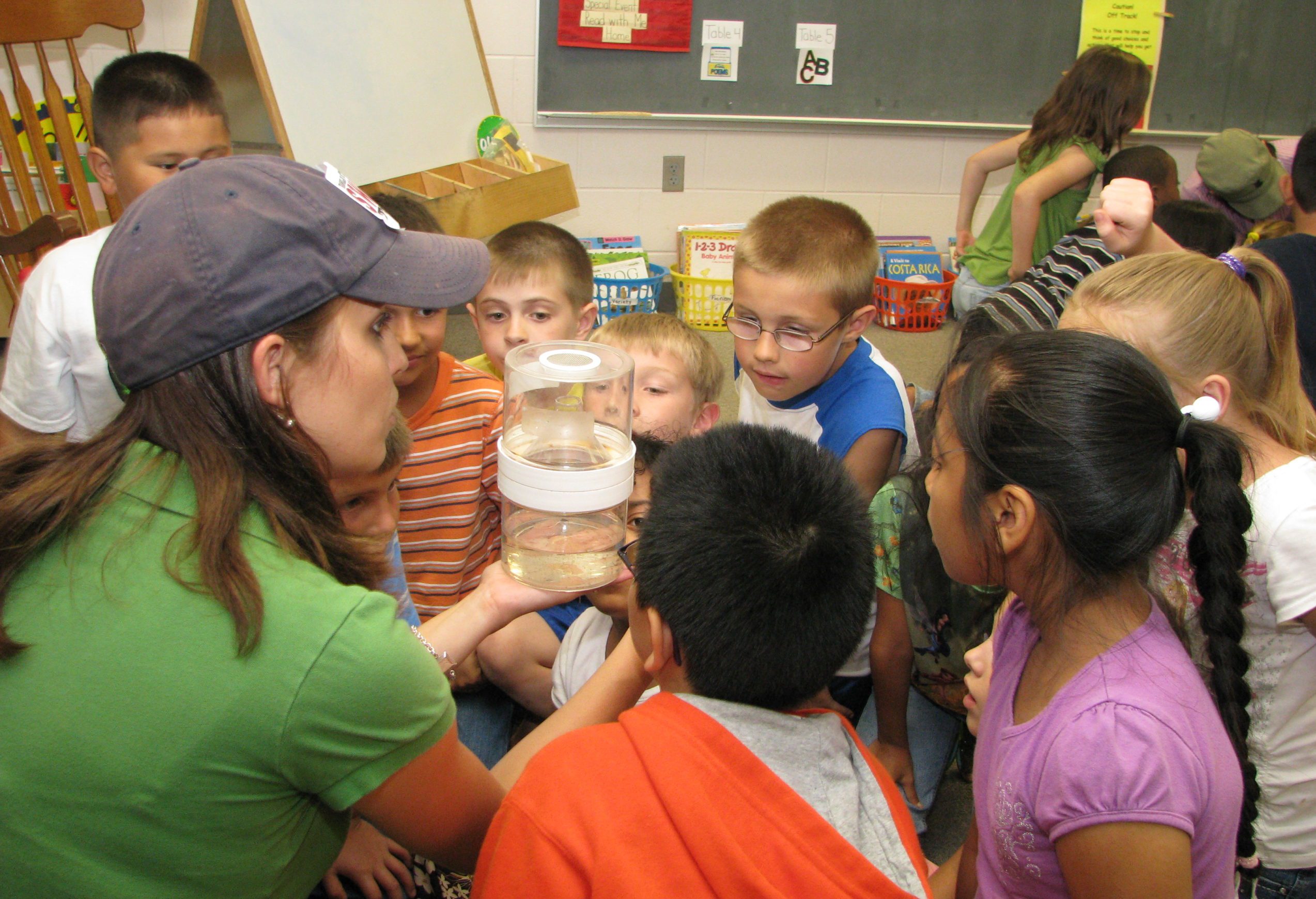
 We’re all impacted by the presence of mosquitoes – in more ways than you might know. Itchy bites are often a harmless annoyance, but the spread of
We’re all impacted by the presence of mosquitoes – in more ways than you might know. Itchy bites are often a harmless annoyance, but the spread of  Mosquitoes require standing water to develop. A single female can lay anywhere from 200-300 eggs and utilize habitats as small as a bottle cap. When it’s hot outside these larvae can develop into biting adult mosquitoes in less than 4 days! Some of the sites we frequently find in backyards include clogged gutters, old tires, and potholes or depressions near sprinkler heads. You can do your part to help eliminate mosquitoes by emptying outdoor containers such as cups, buckets, flower pots, bird baths, and watering cans. Likewise, take steps to ensure water properly drains off of tarps, tables, and outdoor equipment during rainstorms.
Mosquitoes require standing water to develop. A single female can lay anywhere from 200-300 eggs and utilize habitats as small as a bottle cap. When it’s hot outside these larvae can develop into biting adult mosquitoes in less than 4 days! Some of the sites we frequently find in backyards include clogged gutters, old tires, and potholes or depressions near sprinkler heads. You can do your part to help eliminate mosquitoes by emptying outdoor containers such as cups, buckets, flower pots, bird baths, and watering cans. Likewise, take steps to ensure water properly drains off of tarps, tables, and outdoor equipment during rainstorms.  While reducing mosquito habitat on your property can make a significant difference in the battle against mosquitoes, many species are capable of flying several miles to take a blood meal. Because of this it’s also important for you to wear protective clothing and use an EPA approved repellent when biting pressure is high or transmittable diseases have been identified in local populations. Wear light-colored clothing, closed toe shoes, long-sleeves, and long pants when spending time outside can reduce your likelihood of being bitten. This is especially important around dawn or dusk when mosquitoes tend to be most active. Bare skin on hands, ankles or face should be protected with repellent or covered when possible. For the safe and effective use of any product, always read the label and follow manufacturer guidelines.
While reducing mosquito habitat on your property can make a significant difference in the battle against mosquitoes, many species are capable of flying several miles to take a blood meal. Because of this it’s also important for you to wear protective clothing and use an EPA approved repellent when biting pressure is high or transmittable diseases have been identified in local populations. Wear light-colored clothing, closed toe shoes, long-sleeves, and long pants when spending time outside can reduce your likelihood of being bitten. This is especially important around dawn or dusk when mosquitoes tend to be most active. Bare skin on hands, ankles or face should be protected with repellent or covered when possible. For the safe and effective use of any product, always read the label and follow manufacturer guidelines. 